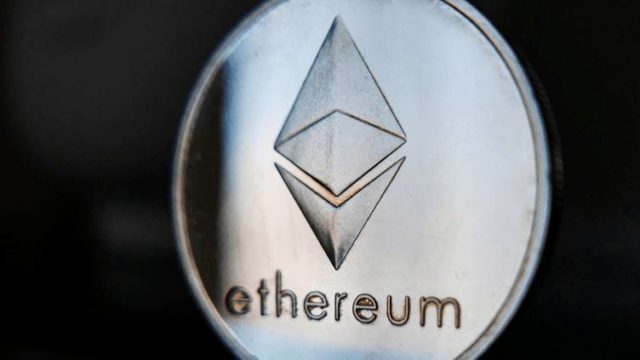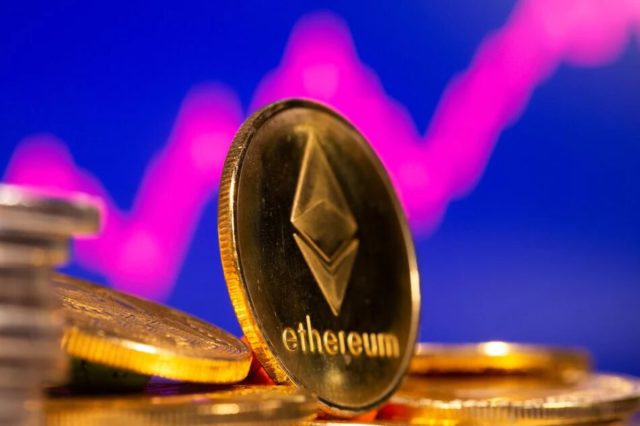The US stock market tried to recover part of last year’s losses this Tuesday (3), the first trading day of 2023, but that does not mean that this will be the trend in the coming days. If the past year has taught us anything, it’s that we must prepare for the unexpected.
On the first trading day of 2022, both the S&P 500 and the Dow hit record highs. Later that week, Federal Reserve minutes highlighted growing concern about rising inflation and indicated that policymakers were considering rate hikes.
Since then, trillions of dollars have been wiped from markets around the world as stocks and bonds have been destroyed by politics. hawkish from the Fed, geopolitical chaos, Covid shutdowns and more.
So what’s on the radar this year? See the key points that influenced markets last year and will follow us into 2023.
Inflation, Fed and Recession
Inflation was the main market story last year – prices around the world soared, prompting central banks to collectively raise interest rates more than 300 times.
In the United States, inflation reached a four-decade high in June at 9.1% and the Federal Reserve aggressively raised rates in response.
Later in the year, Fed officials raised the rate banks charge each other for loans. overnight to a range of 4.25% to 4.5%, the highest since 2007.
These rate hikes were intended to cool the economy and contain price increases, but now analysts and economists fear that things have cooled off too much and a recession is imminent. The question is, how bad will it be?
China
China’s Covid-zero policy has kept large areas of the country closed for significant periods over the past three years – stifling business and frustrating citizens and global commerce.
Now, Beijing is abandoning its rigid political protocol and expectations are high for the world’s second-largest economy.
But the reopening process is likely to be erratic, according to economists. They expect the country’s economy to be on a bumpy path this year.
russia and ukraine
In late February, Russia invaded Ukraine and launched a protracted war that would send global food and fuel prices soaring. Now, an energy crisis hits Europe.
The head of the International Energy Agency, Fatih Birol, and the President of the European Commission, Ursula von der Leyen, warned that Europe could face a natural gas shortage of 27 billion cubic meters in 2023. That is equivalent to almost 7% of the region’s annual consumption.
Russia, which shipped around 60 billion cubic meters of gas to the European Union over the course of 2022, could stop flows entirely. It could also reduce oil production in response to a western price cap.
SBF and crypto winter
It was a very bad year for cryptocurrencies. Bitcoin’s value dropped over 64% in 2022 as the Fed raised interest rates and investors adopted their low-risk market strategies.
The crypto world was also rocked last year by the shocking death spiral of digital currency exchange FTX and the subsequent indictment of its founder Sam Bankman-Fried on eight counts, including fraud and conspiracy.
Elon Musk lost a fortune greater than anyone else in history
Elon Musk can add another record to his list of accomplishments: founder, CEO, richest man in the world, host of SNL and now… the first person to lose $200 billion in wealth, according to a Bloomberg report.
But don’t weep for Musk just yet. The CEO of Tesla, SpaceX and Twitter is now worth $137 billion, according to the Bloomberg Billionaires Index. That puts him second on the list of the world’s richest, behind LVMH chairman Bernard Arnault. But at its peak in November 2021, Musk’s net worth was $340 billion.
That drop is largely because most of Musk’s wealth is tied up with Tesla, whose stock plunged 65% in 2022, reports my colleague David Goldman.
Demand for Teslas has weakened as competition for electric vehicles from established automakers has increased over the past year. The company missed its growth targets and reduced production in China. Its fourth-quarter deliveries, announced on Monday, missed Wall Street’s estimates.
Buying Twitter for $44 billion didn’t help Tesla’s stock or Musk’s personal wealth either. He, Tesla’s biggest shareholder, has sold $23 billion worth of company stock since his interest in Twitter went public in April.
Five reasons to be cautiously optimistic about 2023
It’s not all doom and gloom out there. After all, we’re not in a recession yet. My cautiously optimistic colleague Matt Egan recently laid out why we might achieve a soft landing in 2023.
- Hiring remains surprisingly resilient. The economy created a robust 263,000 US jobs in November and the unemployment rate is just 3.7% – a dramatic drop from nearly 15% in spring 2020.
- The cost of living is still very high, but the inflation rate appears to have peaked. Consumer prices rose 7.1% year-on-year in November, marking the fifth consecutive month of improvement and a significant cooling of 9.1% in June. It is also the lowest annual inflation rate in nearly a year.
- After topping $5 a gallon for the first time in June, gasoline prices plummeted. The national average for regular gasoline recently dropped to $3.10 a gallon, an 18-month low, although it has risen in recent days to about $3.22 a gallon.
- Real wages have been rising faster than consumer prices, a significant shift that could give consumers the firepower to keep spending in the coming year.
- Fed officials have signaled they may be ready to halt their inflation-fighting campaign in late winter or early spring.
Source: CNN Brasil
A journalist with over 7 years of experience in the news industry, currently working at World Stock Market as an author for the Entertainment section and also contributing to the Economics or finance section on a part-time basis. Has a passion for Entertainment and fashion topics, and has put in a lot of research and effort to provide accurate information to readers.







